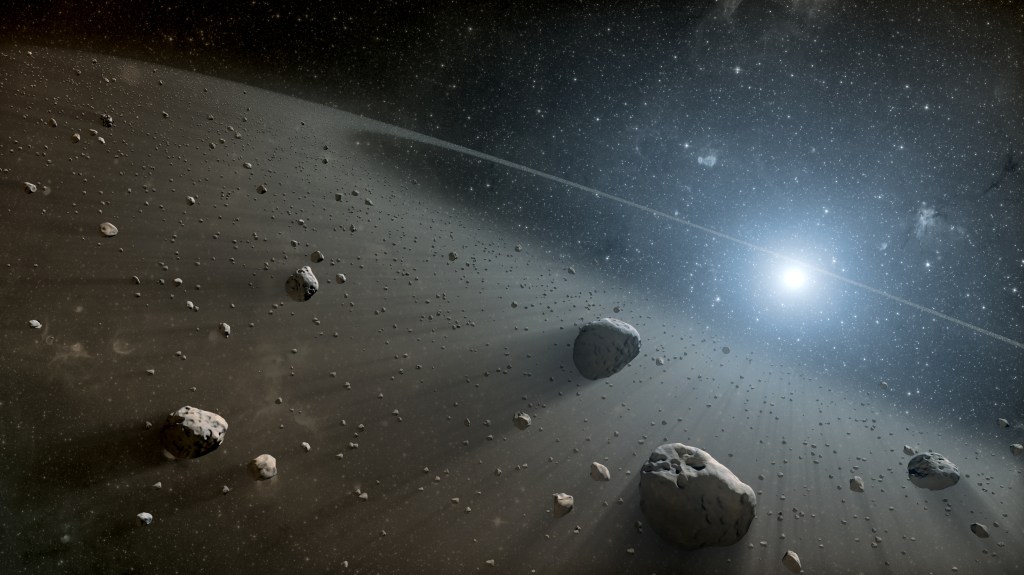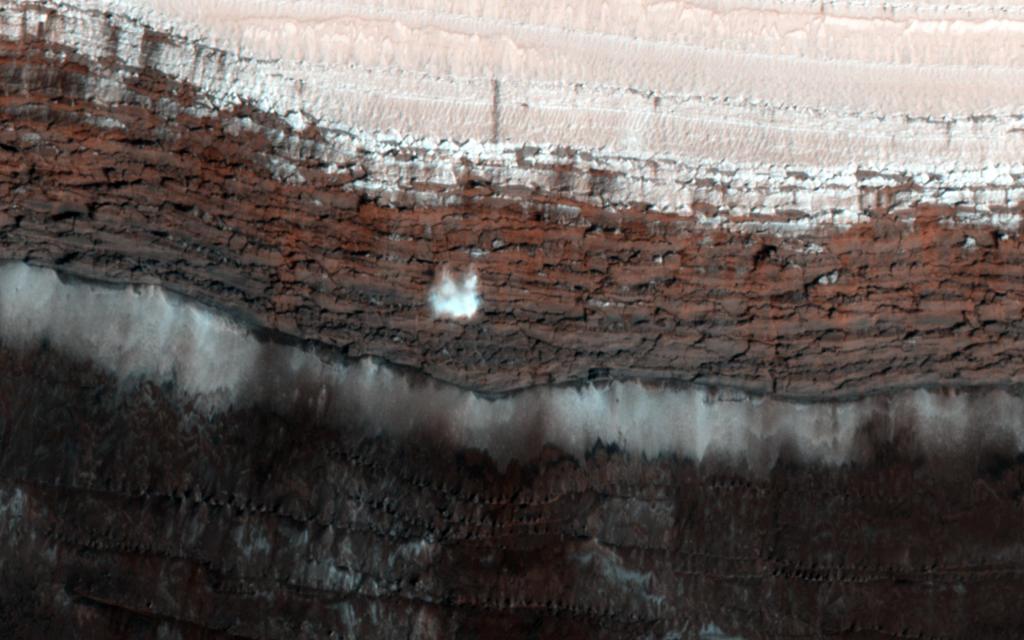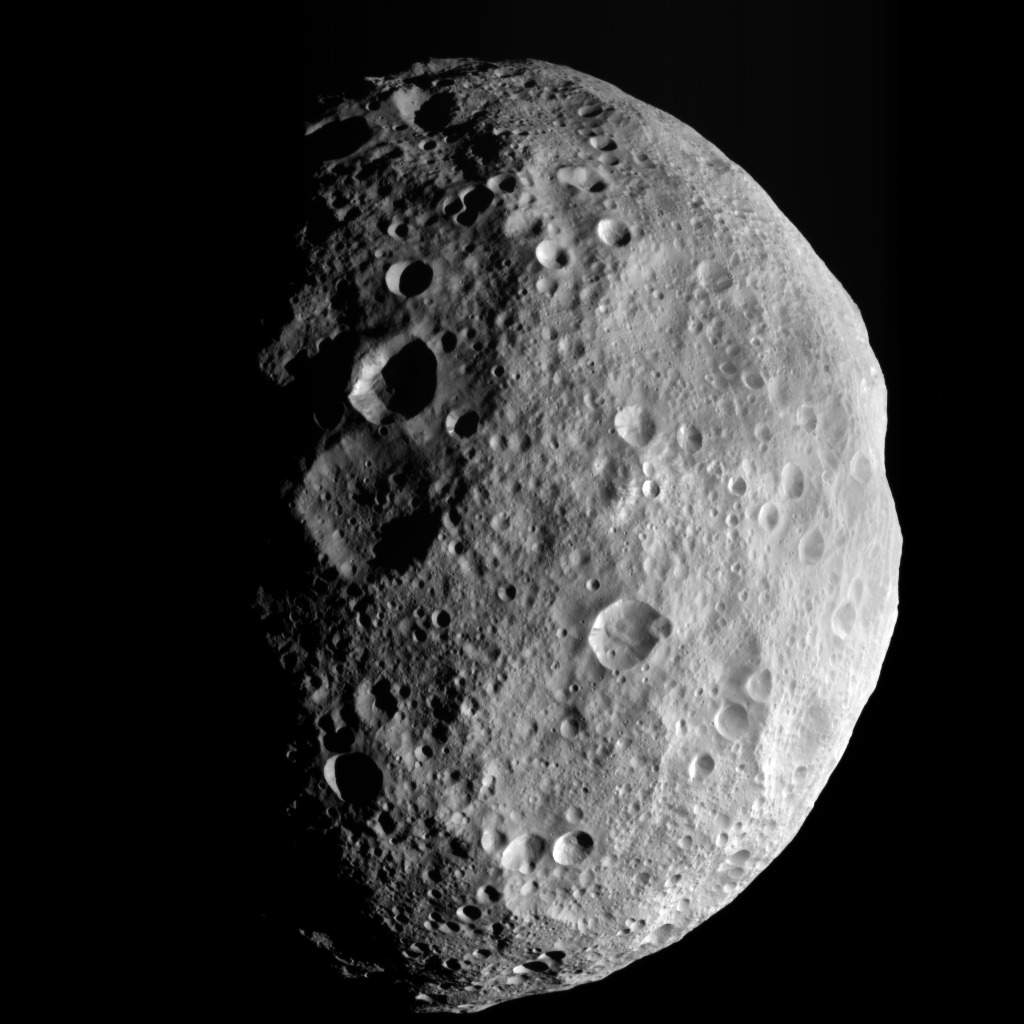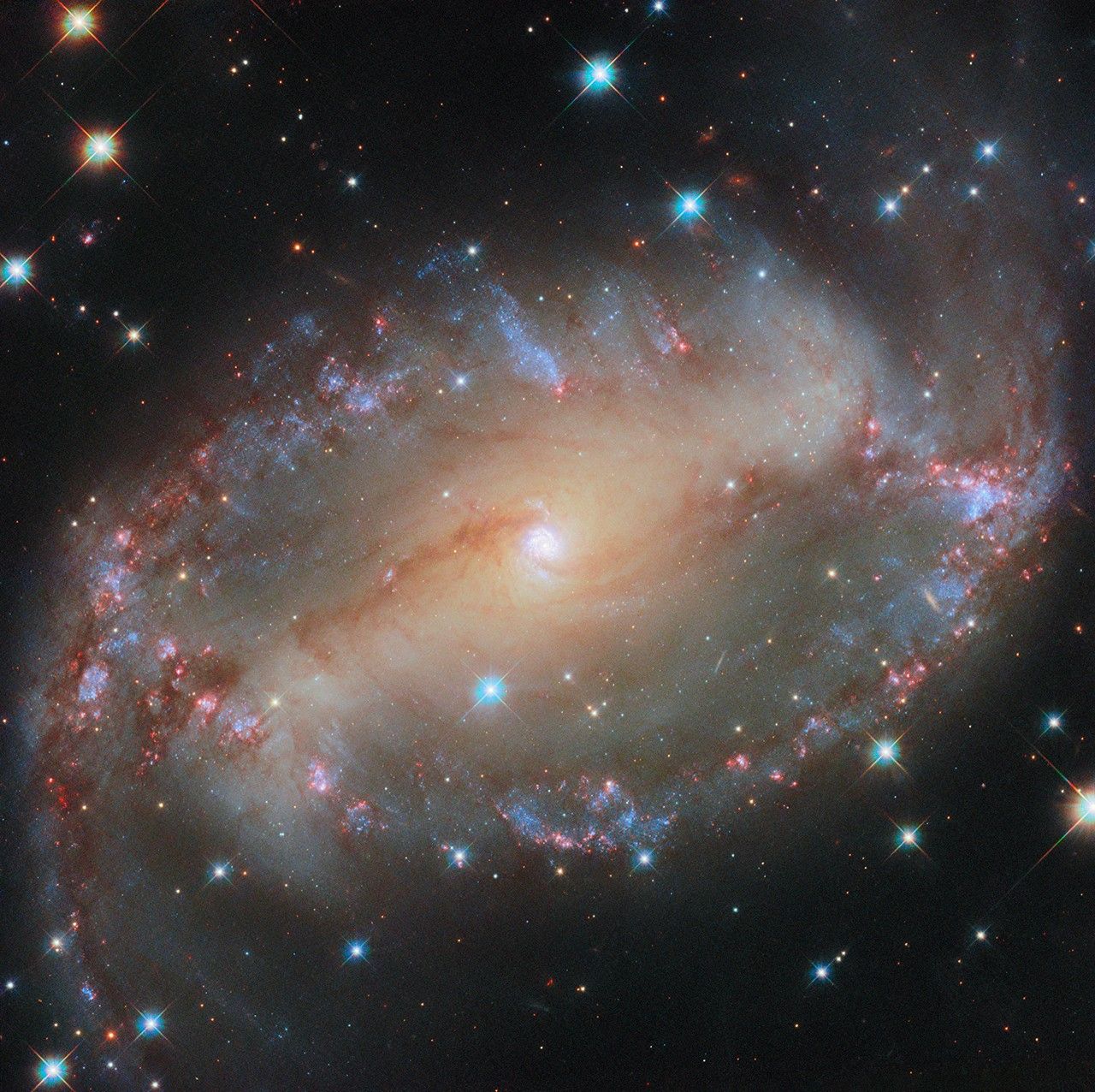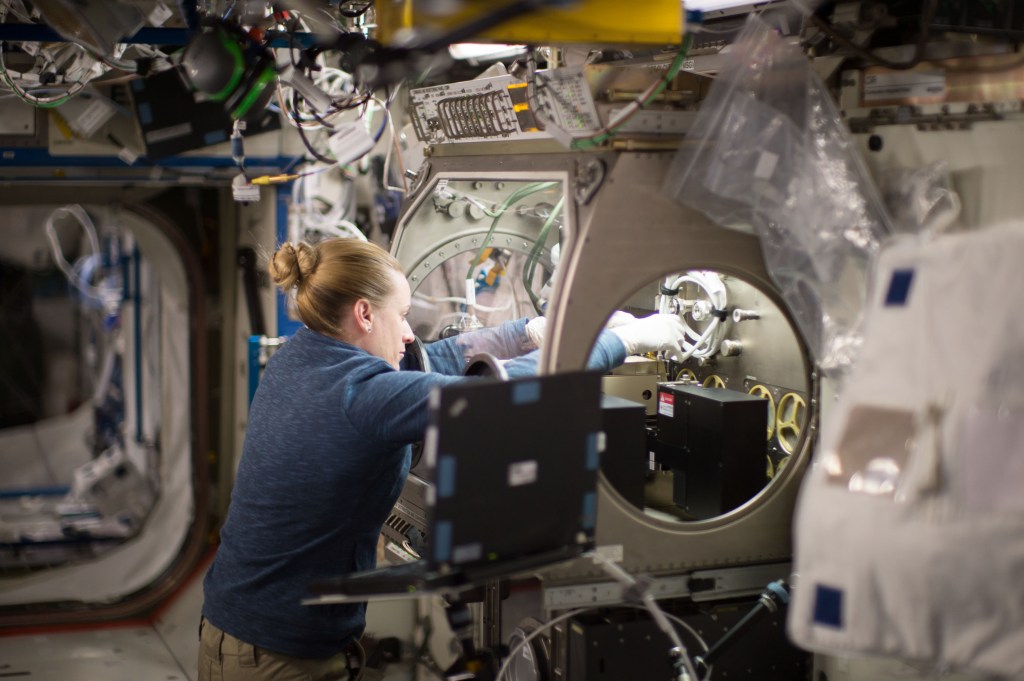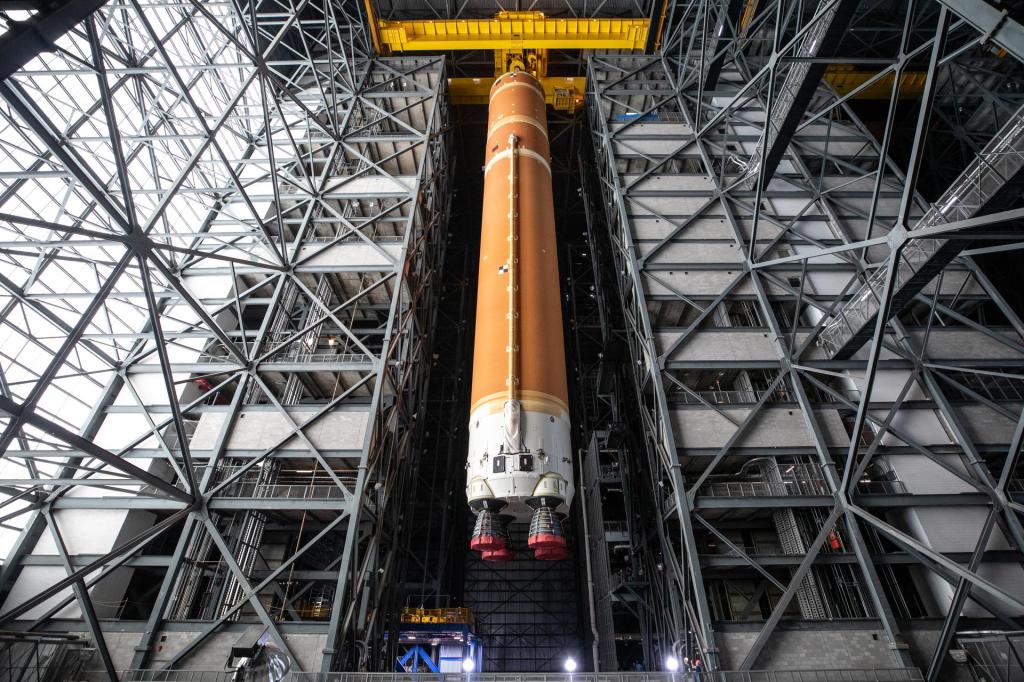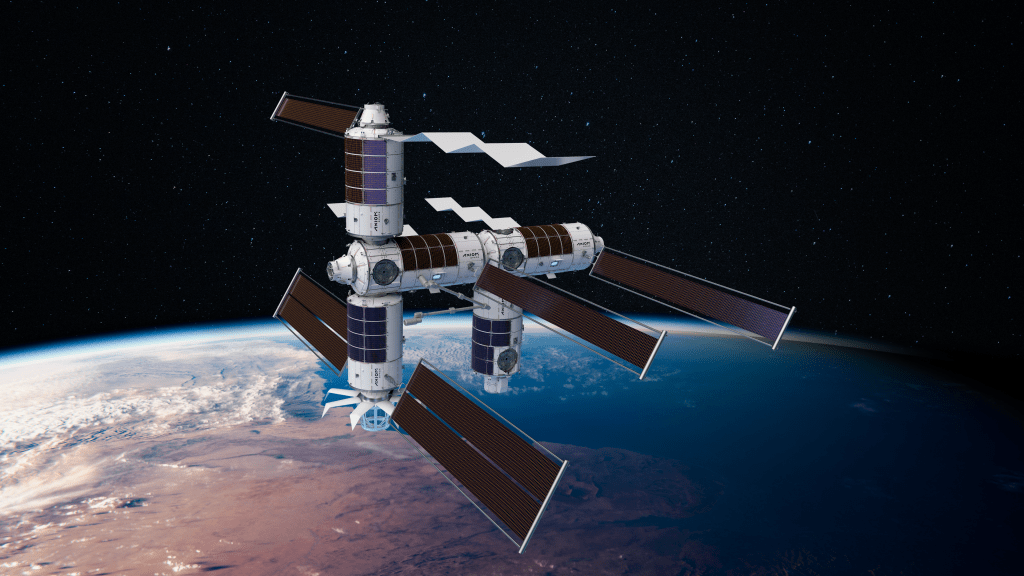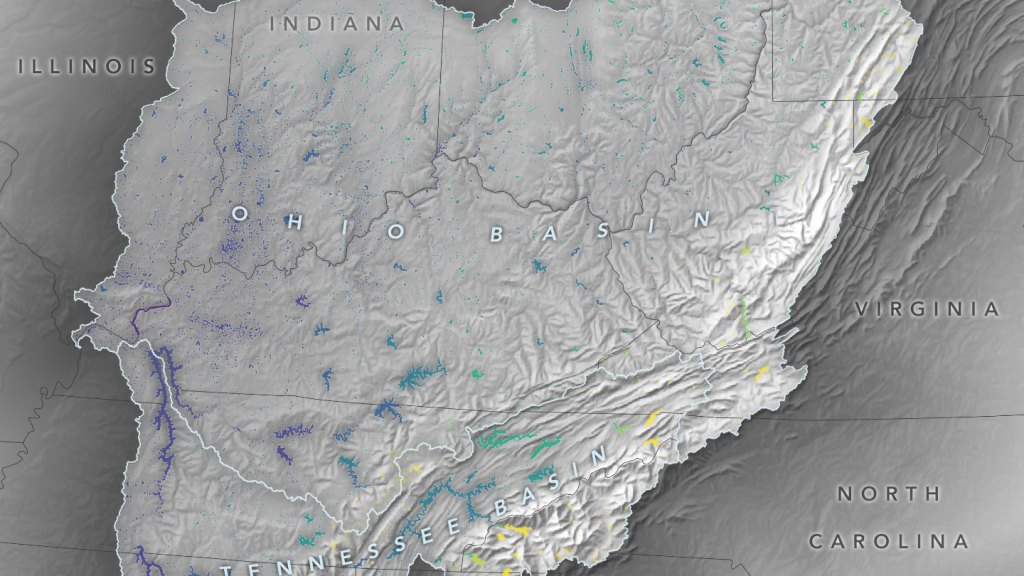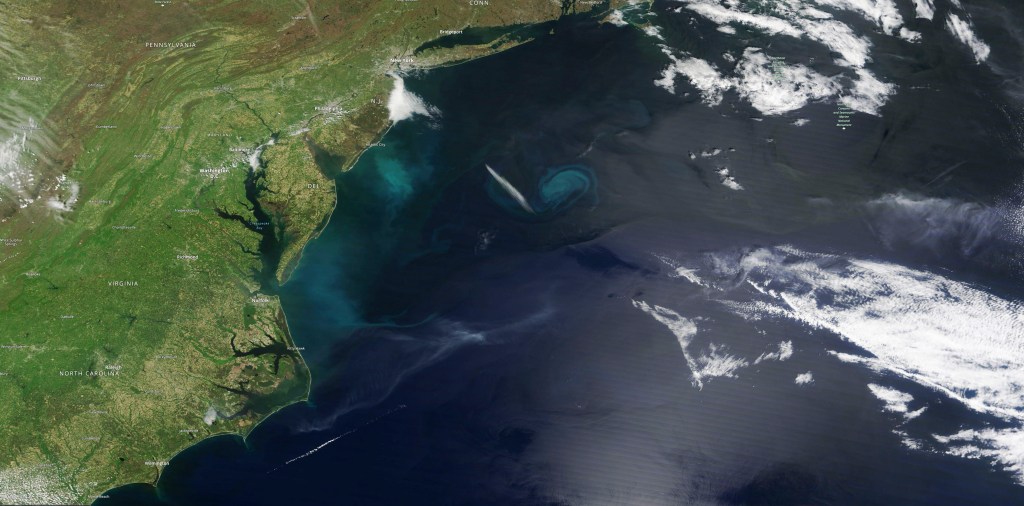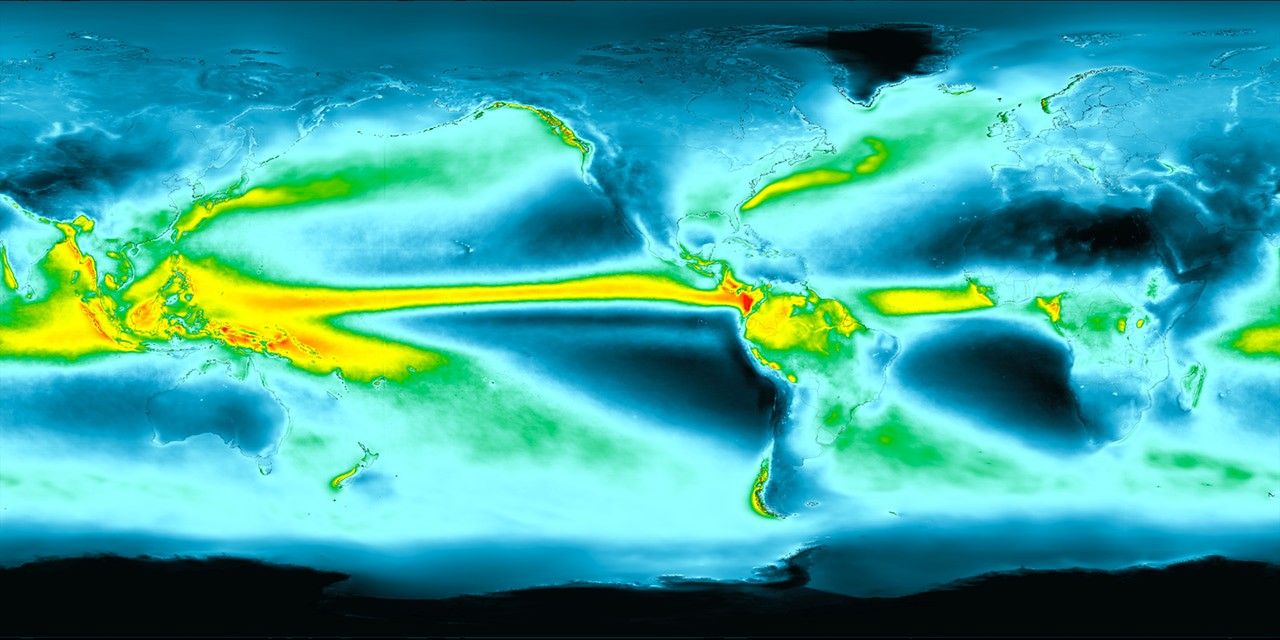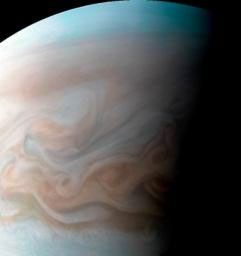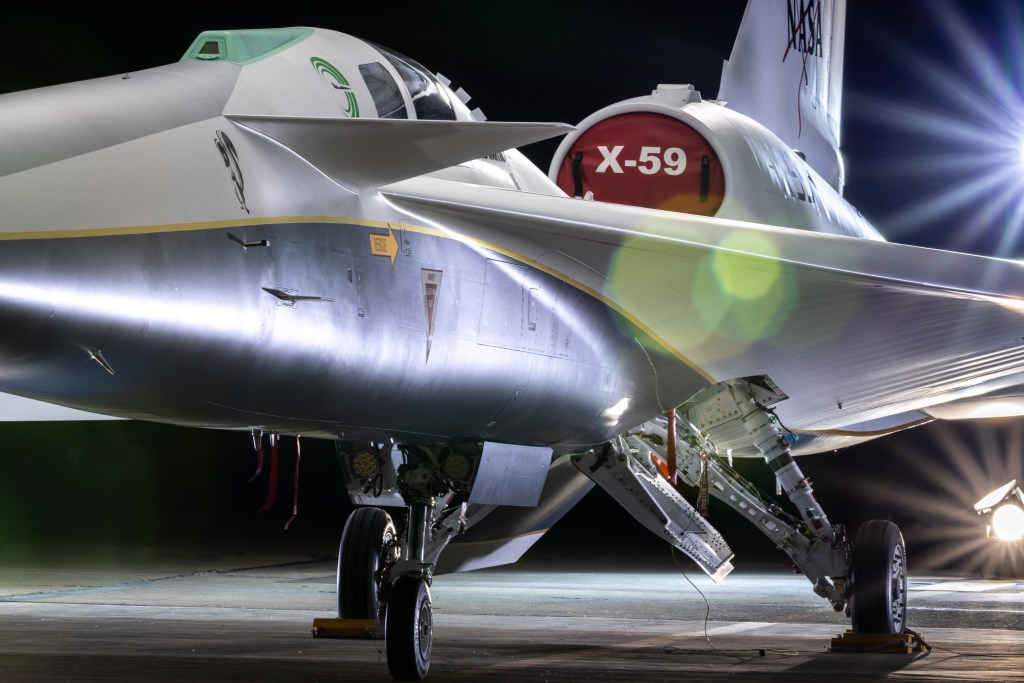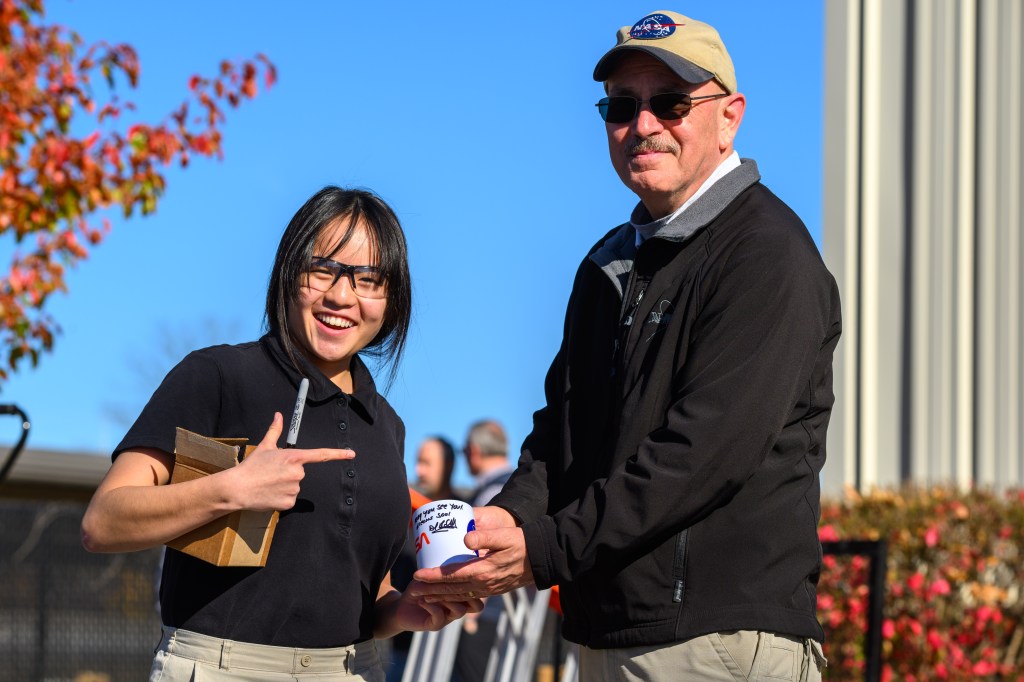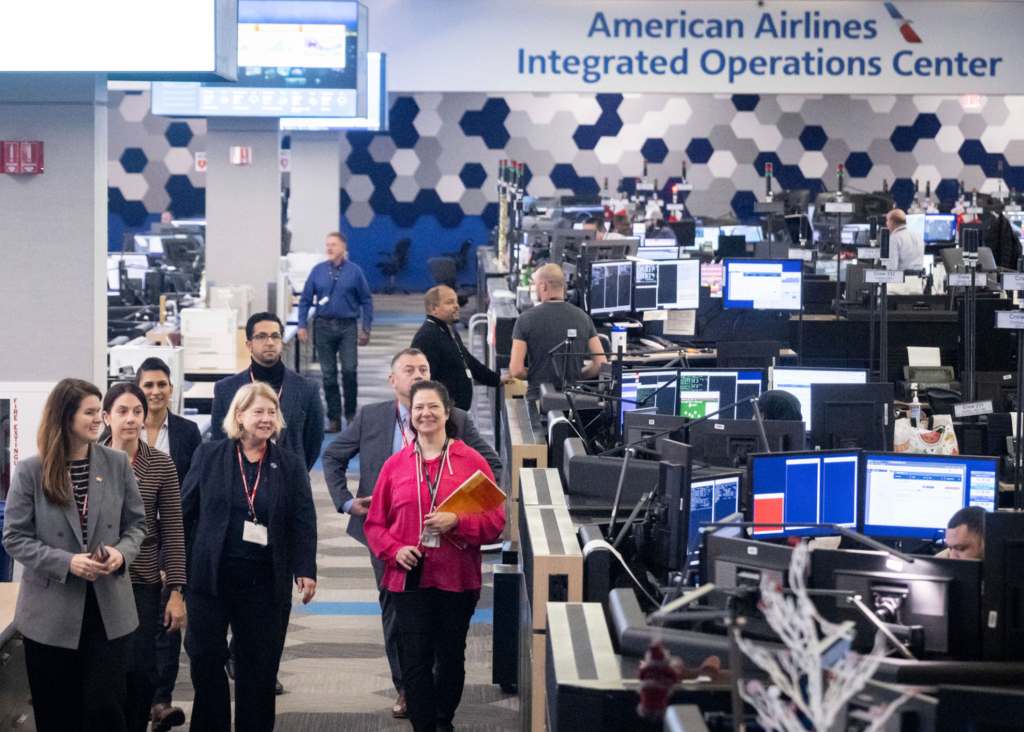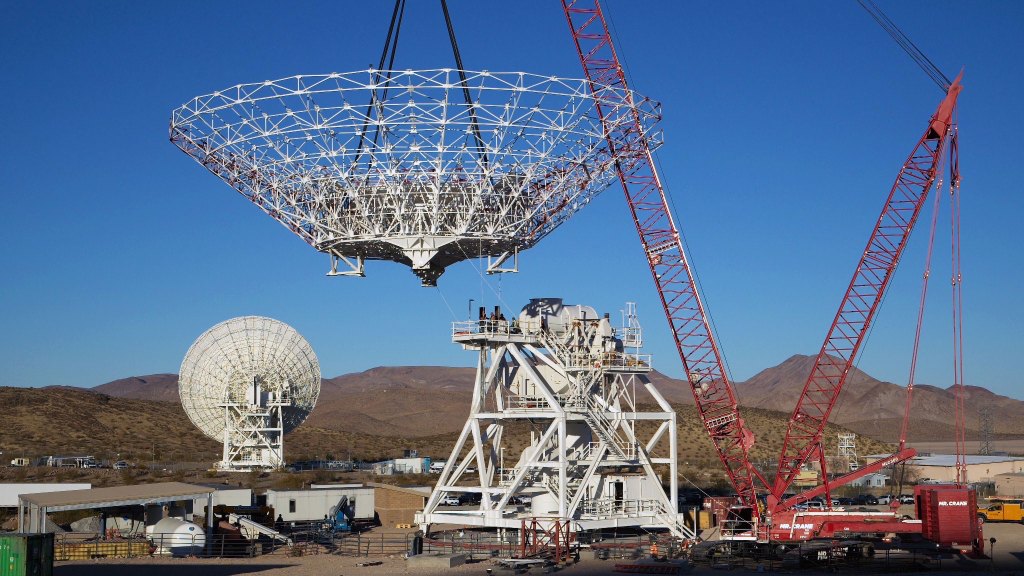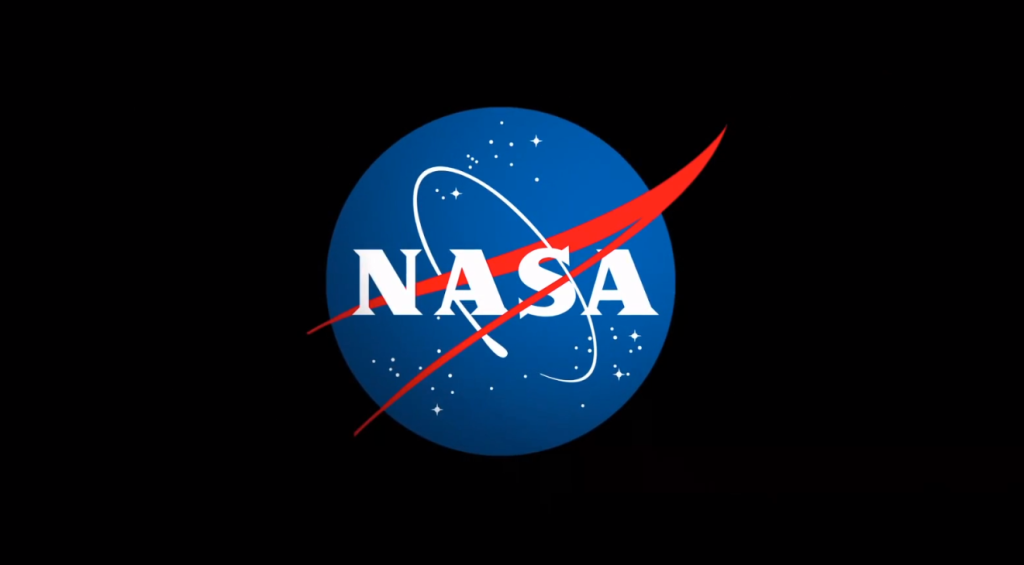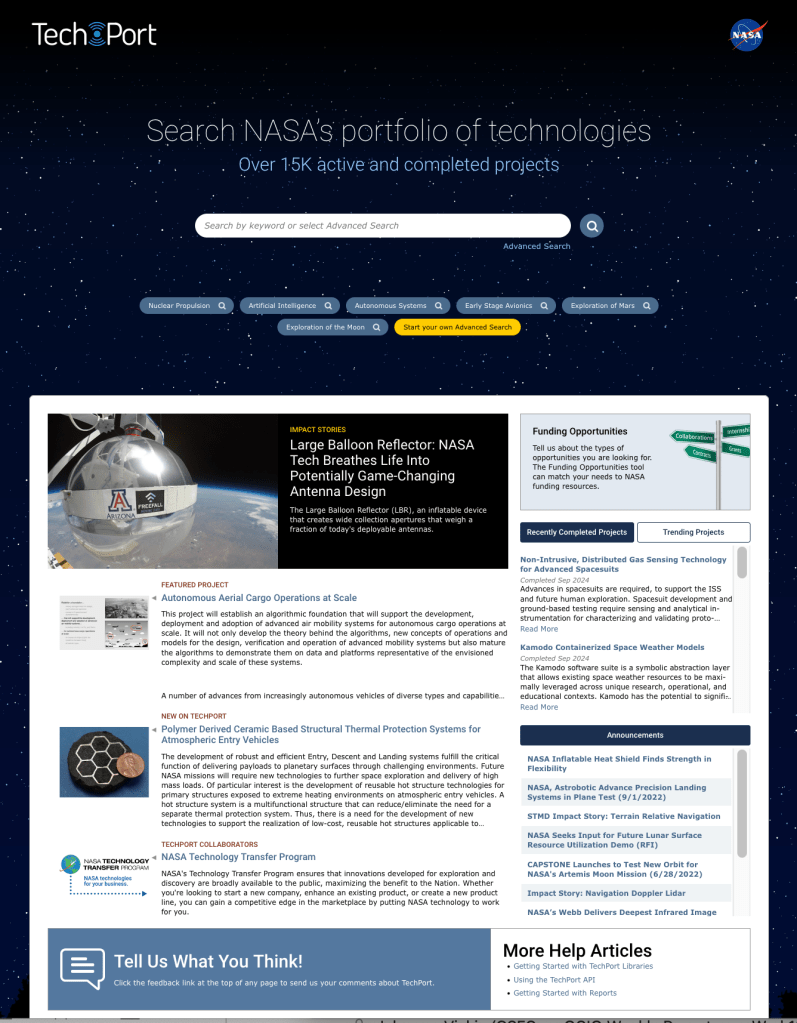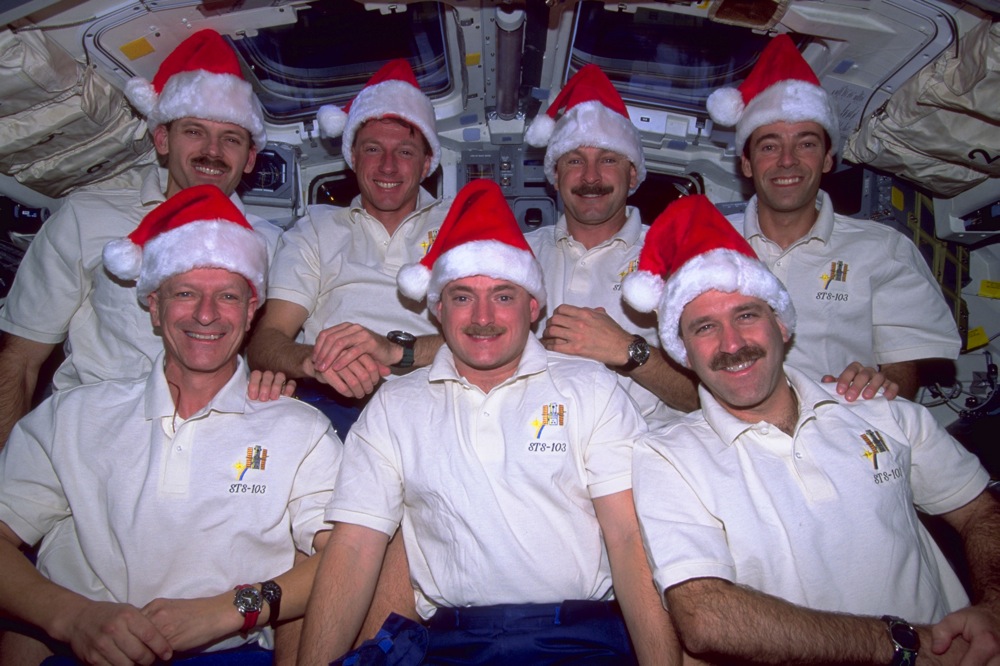Raymond Spearrin
University of California, Los Angeles
ESI19 Raymond Spearrin Quadchart
Detonation-based propulsion systems have potential for increased performance and reduced mass leading to extended spacecraft mission durations. In-space rotating detonation rocket engine (RDRE) systems using space-storable propellants may offer a relatively short overall timeline to technical and flight readiness compared to launch systems given the smaller scale and typical pulsed-mode operation. Based on work with other propellants, critical technology limitations noted to-date include (1) under-mixed propellant injection yielding relatively low wave speeds, (2) extreme heat transfer and associated lack of chamber durability, and (3) undesirably high pressure-loss feed systems required to avoid injection backflow and to shorten propellant refresh timescales for continuous operation, which offset the pressure gain associated with detonation combustion. All three of these issues can be related to injector design. In this project, we will explore novel additively-manufacturable injection schemes aimed at enhancing propellant pre-mixing, film cooling of chamber walls, and minimizing feed system pressure loss. This parametric injection analysis will be conducted via a coupled computational and experimental approach, with hypergolic space-storable propellant combinations. The effort aims to improve fundamental understanding of rotating detonation engine operation and provide a pathway to technology transition.

